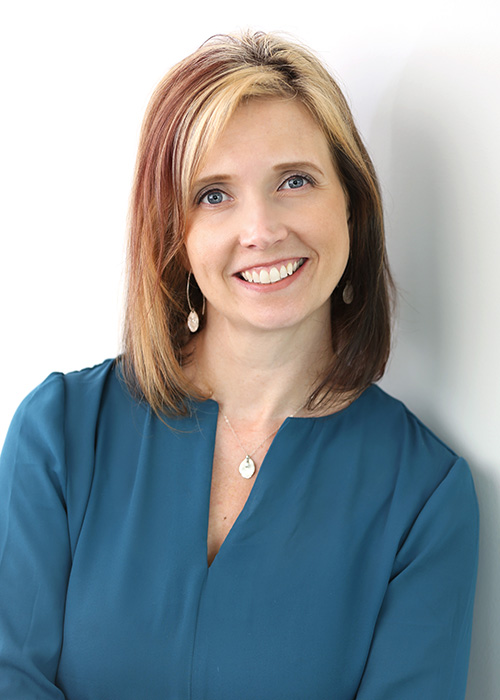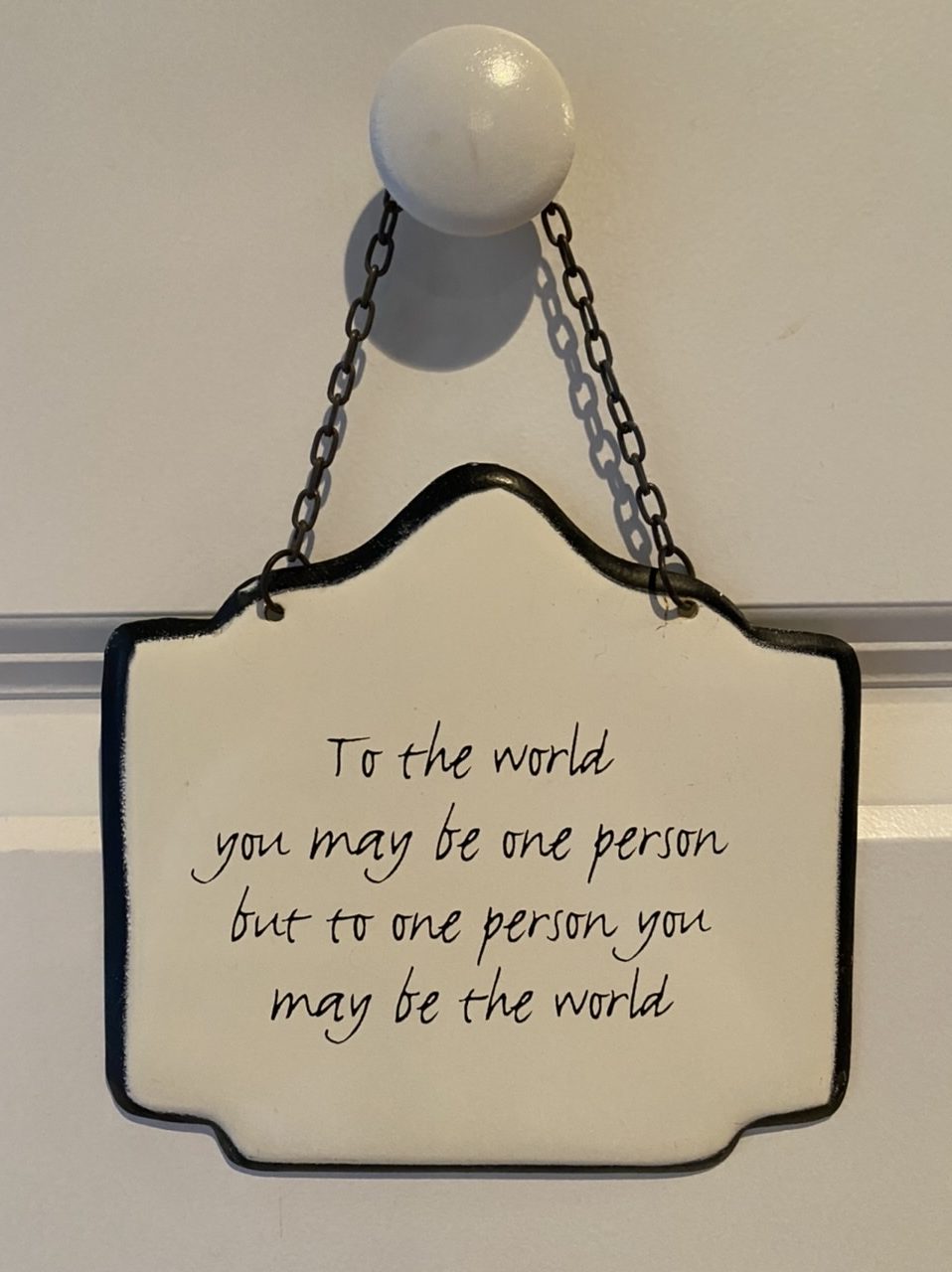Episode 8: “Are they really like that person or am I just thinking they’re like that person?”
In this episode of Life Sucks, Now What?!, Dr. Natalie discusses the concept of having big emotional reactions to people or situations that remind us of past experiences. She explains that our body and mind are wired to recognize patterns and make quick decisions based on past experiences. However, this can lead to overreactions and misunderstandings in current situations.
Dr. Natalie suggests using mindfulness and self-awareness to recognize when we are falling into old patterns and to interrupt those patterns. She emphasizes the importance of choosing new ways of responding and experimenting with different approaches.
Keywords: emotional reactions, past experiences, patterns, mindfulness, self-awareness, interrupting patterns, choosing new responses
Takeaways:
- Our body and mind are wired to recognize patterns and make quick decisions based on past experiences.
- Having big emotional reactions to people or situations that remind us of past experiences is a natural response.
- Mindfulness and self-awareness can help us recognize when we are falling into old patterns.
- Interrupting old patterns and choosing new ways of responding can lead to healthier and more effective interactions.
DISCLAIMER: The content in this podcast and video is not a replacement for therapy and is not clinical, medical, or mental health treatment. Dr. Natalie Marr is a Licensed Psychologist in the state of Minnesota. Her work with NatalieMarrCounseling.com and all affiliate social media entities is educational and coaching based ONLY. She IS NOT offering therapeutic services of any kind on these mediums.
If you or someone you know is having a mental health crisis or having thoughts of suicide, please use the following crisis resources (this is not an exhaustive list of available resources):
National Suicide Prevention Lifeline:
https://suicidepreventionlifeline.org/
CALL 988
Crisis Text Line:
https://www.crisistextline.org/
Text HOME to 741741
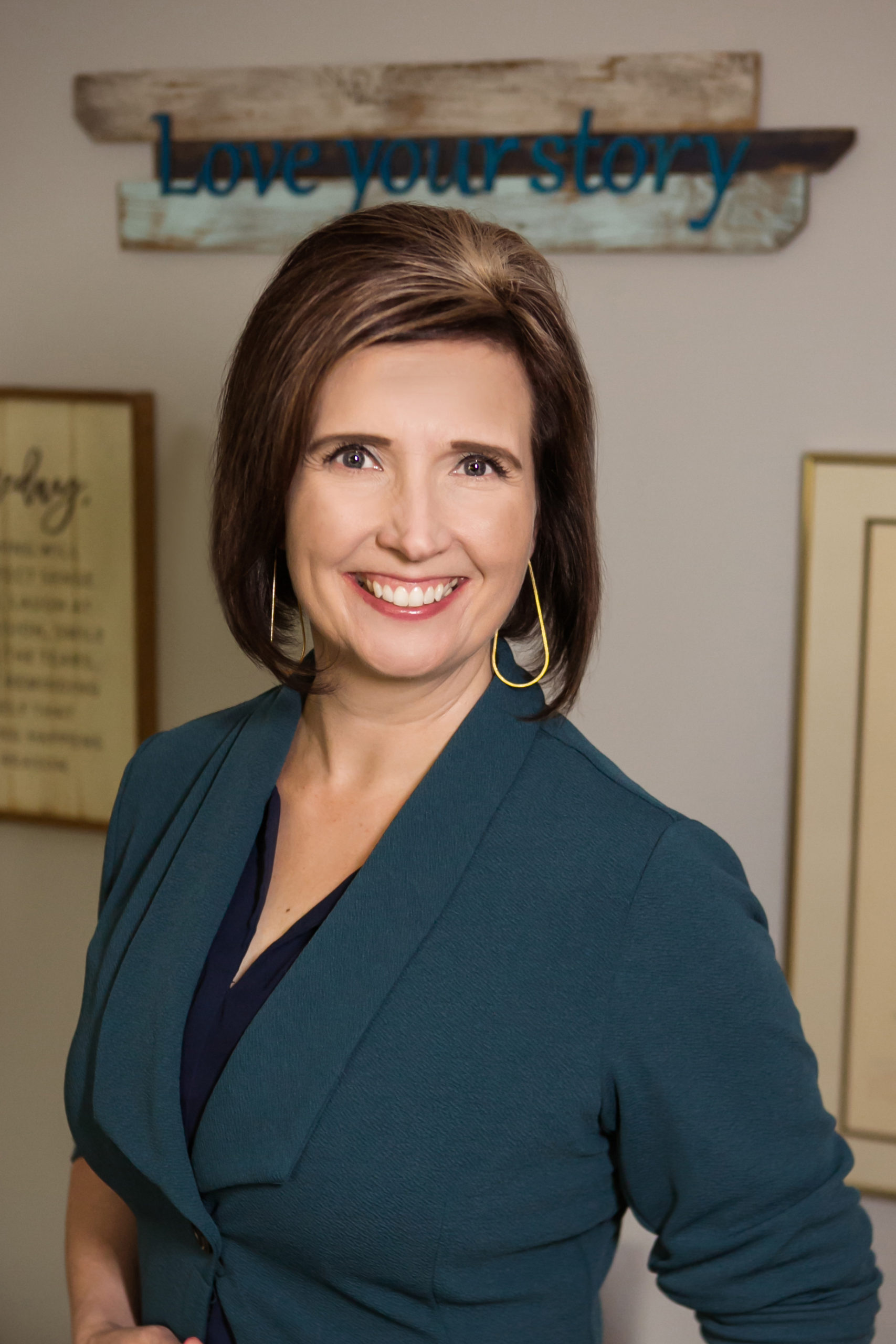




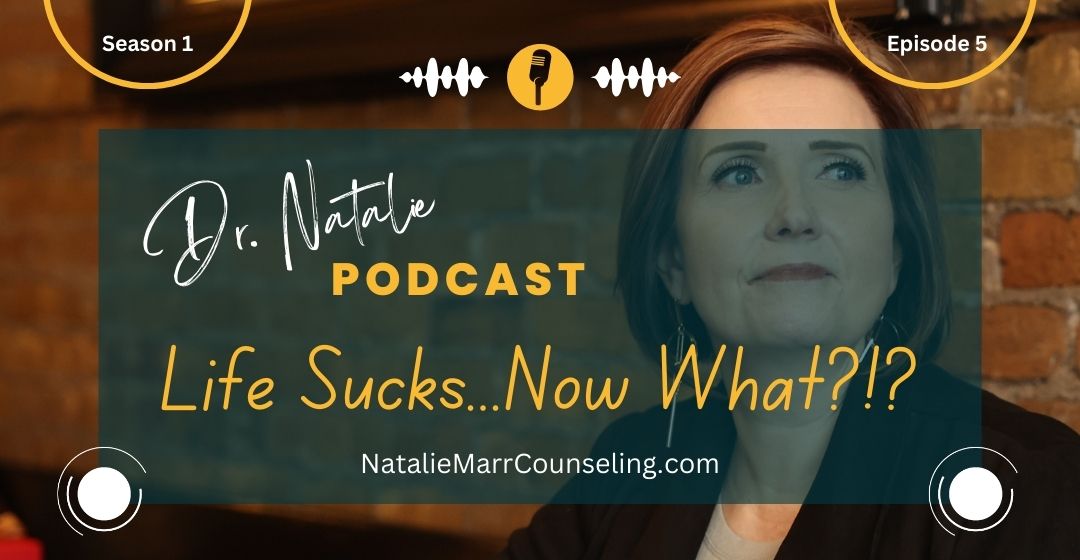
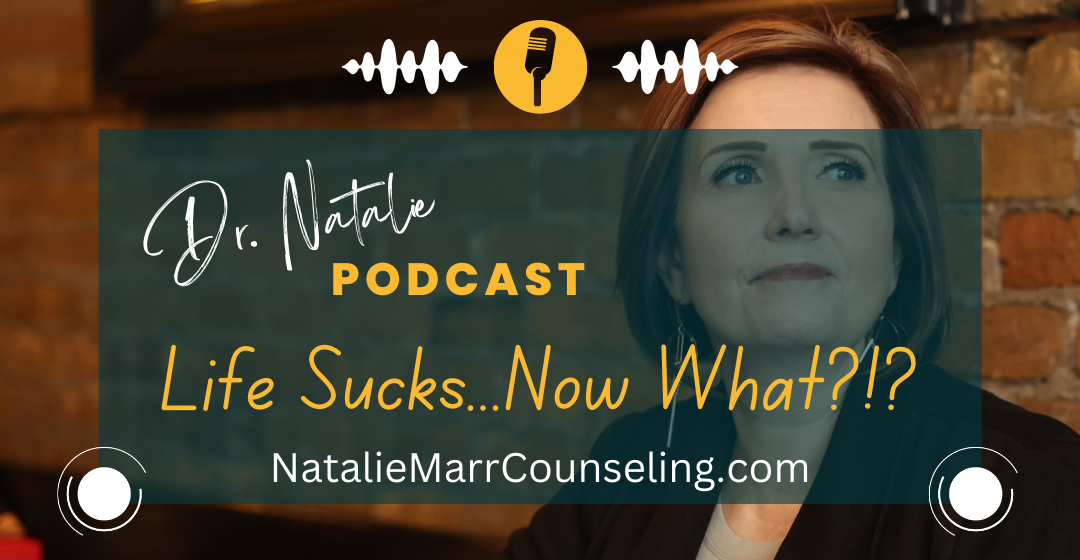
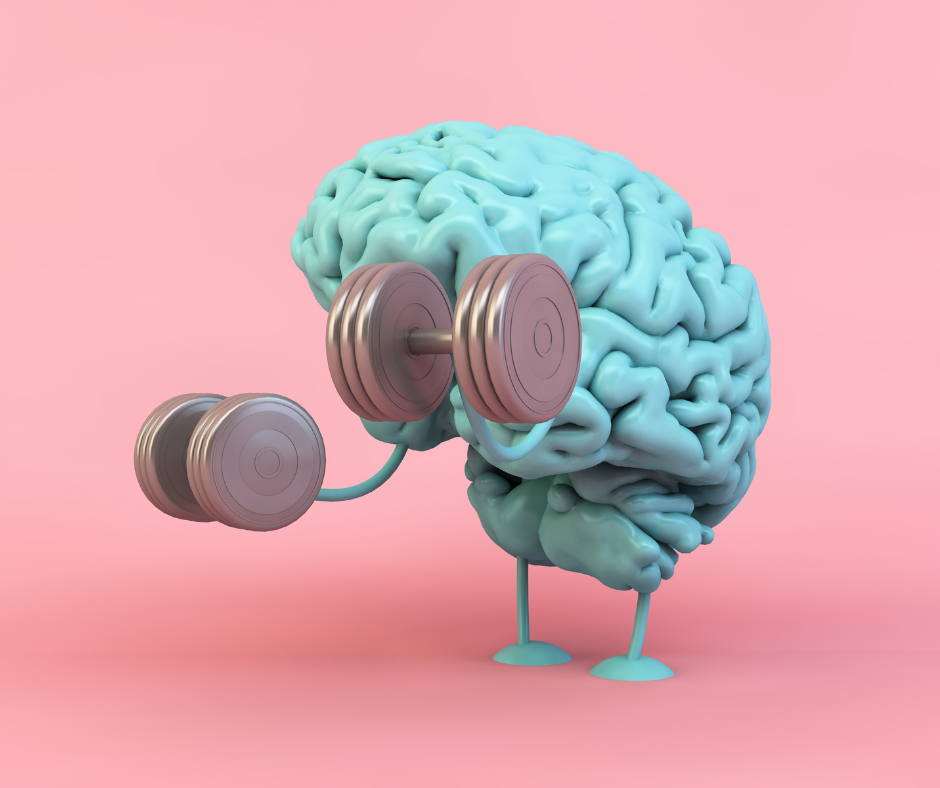
 I decided to start back to exercising this year at a local gym. I am working on my strength training at this stage in my life. In the past I have joined small personal training groups to help me stay accountable and focused on my training. Having been around personal trainers (and being the people watching nerd that I am) I am often struck by the differences in styles these folks have and also the kind of clientele that they each attract. One of the personal trainers at the gym I am at now is more laid back and comes around suggesting changes to the clients, but does not really push his clients much. On the other hand, I’ve seen other trainers come up to their clients and say something like, “that is all wrong” and hand over hand push the client to lift more or change their posture in a way that makes the move more difficult.
I have actually noticed similar differences when working in group private practice as a psychologist and within the personal coaching world. It can be striking how many parallels these jobs have, personal training for you physical health and counseling/coaching for your emotional health. Counselors and coaches are in many ways, personal trainers for your emotional health and mind, while personal trainers are more focused on your physical body and mind. Now, not every personal trainer is alike and there are many that I would not respond well to. For example, Jillian Michaels has shown America her spit fire approach and has been able to help many people with that approach. However, if she and I met in a gym, I don’t think the sparks flying would be good and I would likely leave and not come back. Well, this is not really helpful to my fitness goal however. Now, if I thought that every personal trainer would be the same I would likely never go back and try again either, but because fitness and body image are large American cultural values, most of us know there will likely be a Bob Harper type trainer at the gym too. His softer approach may be more our style than Jillian’s.
I decided to start back to exercising this year at a local gym. I am working on my strength training at this stage in my life. In the past I have joined small personal training groups to help me stay accountable and focused on my training. Having been around personal trainers (and being the people watching nerd that I am) I am often struck by the differences in styles these folks have and also the kind of clientele that they each attract. One of the personal trainers at the gym I am at now is more laid back and comes around suggesting changes to the clients, but does not really push his clients much. On the other hand, I’ve seen other trainers come up to their clients and say something like, “that is all wrong” and hand over hand push the client to lift more or change their posture in a way that makes the move more difficult.
I have actually noticed similar differences when working in group private practice as a psychologist and within the personal coaching world. It can be striking how many parallels these jobs have, personal training for you physical health and counseling/coaching for your emotional health. Counselors and coaches are in many ways, personal trainers for your emotional health and mind, while personal trainers are more focused on your physical body and mind. Now, not every personal trainer is alike and there are many that I would not respond well to. For example, Jillian Michaels has shown America her spit fire approach and has been able to help many people with that approach. However, if she and I met in a gym, I don’t think the sparks flying would be good and I would likely leave and not come back. Well, this is not really helpful to my fitness goal however. Now, if I thought that every personal trainer would be the same I would likely never go back and try again either, but because fitness and body image are large American cultural values, most of us know there will likely be a Bob Harper type trainer at the gym too. His softer approach may be more our style than Jillian’s.








